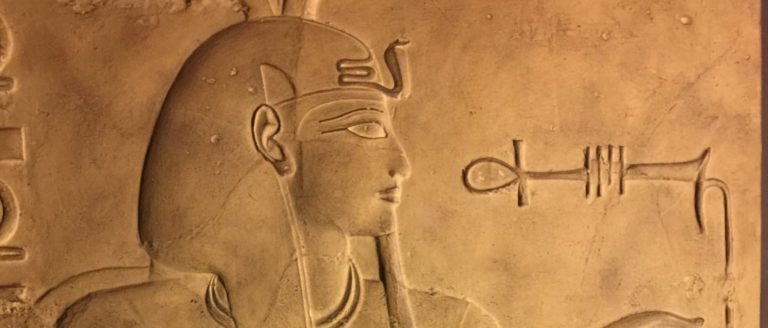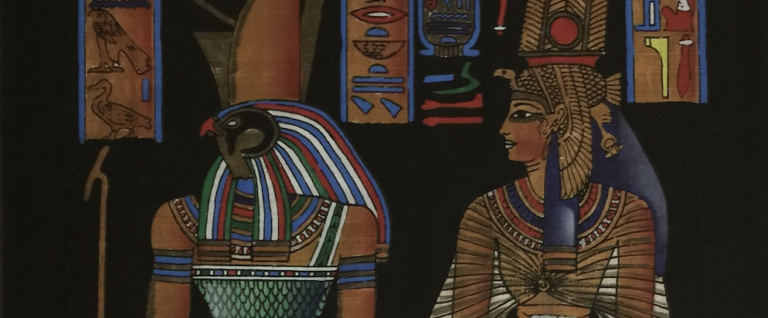If there is an 11th Commandment, it is most likely, “Thou shalt not discuss Politics or Religion!” If you remove those two topics from any discussion of Israel, you will probably be reduced to discussing the strength of your suntan lotion. This patch of real estate has been a flashpoint in world history for three thousand years.
Israel is not quite as large as New Jersey, with a population about the size of Virginia. Most cruise ship itineraries include two stops. The primary call is Ashdod, for trips to Jerusalem, Tel Aviv, and Bethlehem. A little further north, the port of Haifa is the jumping off point for tours to Nazareth, the Jordan Valley, the Sea of Galilee, and the ancient cities of Akko (Acre) and Caesarea. Take the most ambitious tours you can stand. If you come back to Israel someday, you will be better oriented. If you don’t, you will have seen a lot of important sites.

Israel, Jerusalem in particular, is the site of paramount importance to the Jewish faith. It is one of the most significant sites for Christianity, along with Rome, and Istanbul. Jerusalem has been an important city for Islam, after Mecca and Medina, because of the connection Muhammad made between Islam and the Judeo-Christian religions. So, to understand the context of the place, you are going to have to learn some religious and political history.
For an orientation to place names, geographical characteristics, and their relation to Old and New Testament events, get yourself an Oxford Bible Atlas. Recognize, always, that relating biblical events to specific geographic locales and timelines can be tricky and even controversial.
Scholars and construction crews have been digging up Israel since its inception. Many are looking for the physical evidence of the biblical record. Their observations and insights are pretty interesting. Start with The Bible Unearthed: Archaeology’s New Vision of Ancient Israel and the Origin of Its Sacred Texts, written by two of Israel’s most experienced archeologists. Follow up with The Mythic Past: Biblical Archaeology And The Myth Of Israel
. They give a balanced view of which aspects of the biblical narrative are well supported with archeological evidence and which are still more mythical or conjectural.
For the big, complete, balanced picture of the history of the complex cultural, political, military, and spiritual forces at work in this tiny, strategic country, the must-read is Jerusalem: The Biography (Vintage). This very recent publication by a member of one of Jerusalem’s oldest families gives a thorough view of this parade of history and its consequences.
Beginning in 1095, the Christians launched as many as nine assaults, depending on how you count them, over 250 years. Only the first one was truly successful, resulting in the temporary defeat of the Muslim host. While there are many reasons the contemporary Muslim community distrusts the western political powers, the Crusades are high on the list. They still haven’t forgiven us. In 2000, Pope John Paul II actually apologized for the “misdeeds” committed in the course of the Crusades. The wounds are still there.
For a recent retelling of this period of political adventurism, pick up The Crusades: The Authoritative History of the War for the Holy Land. For the Arab perspective, as researched from their own sources and records, see The Crusades Through Arab Eyes
. For a very interesting, little-known work tying together Ancient Egypt, Solomon’s Temple in Jerusalem, the Crusades, the Knights Templar and Freemasonry, you want to find The Hiram Key: Pharaohs, Freemasonry, and the Discovery of the Secret Scrolls of Jesus
.
Some of you might be looking for less intense introductions to the Old and New Testaments. Broadway and Hollywood have both borrowed from the Good Book in search of box office salvation. Stock up on popcorn and enjoy the shows. Some of the big movie and musical titles that come to mind include:
- The Ten Commandments (1956)
The poster for the Ten Commandments. Wikimedia Commons - Joseph and the Amazing Technicolor Dreamcoat
- Fiddler on the Roof
- Children of Eden: American Premiere Recording
- The Prince of Egypt
- The Greatest Story Ever Told
- Jesus Christ Superstar (Special Edition)
- Godspell
The more you have sorted out before you arrive, the more impressive the memories you will have when you leave.










